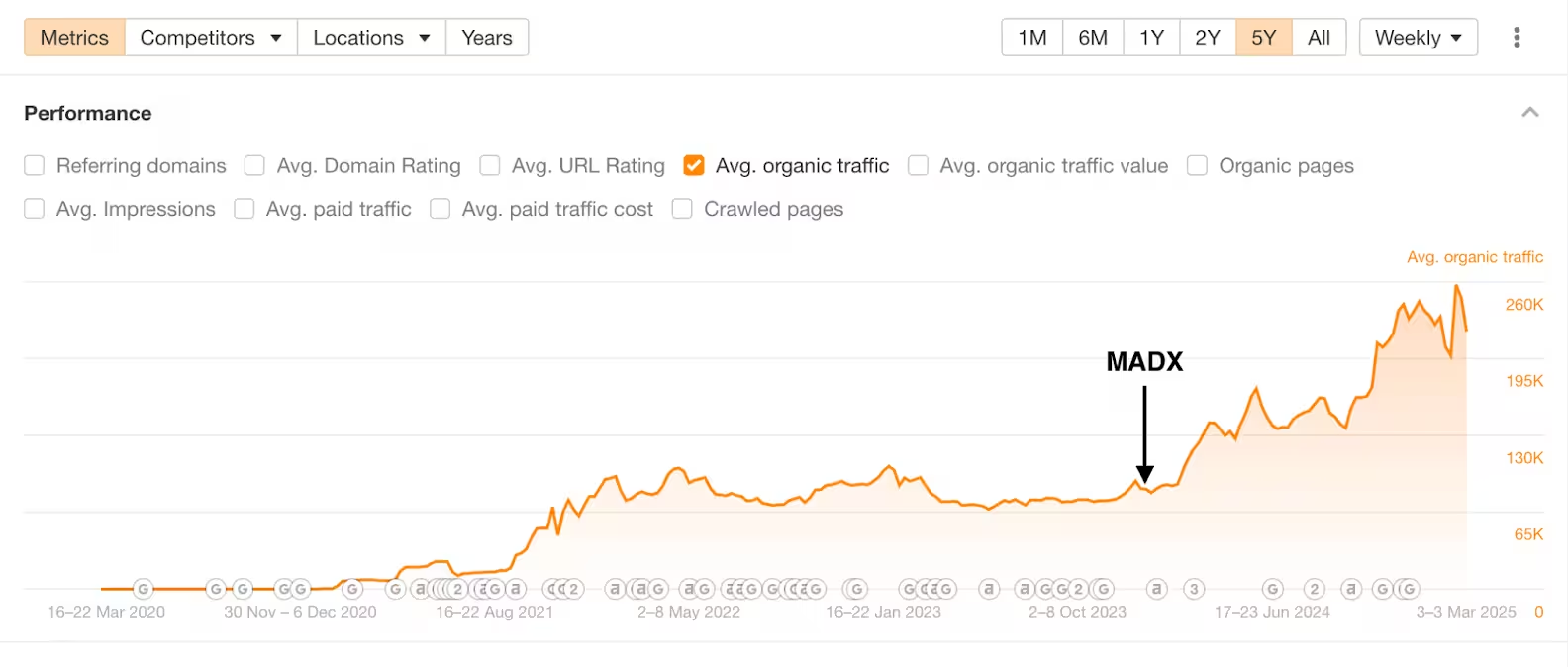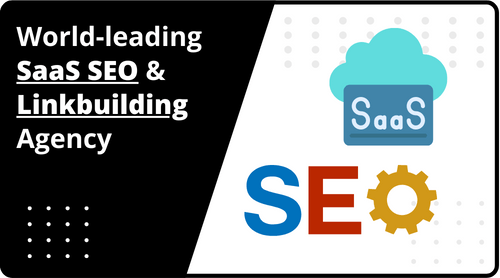What is Horizontal SaaS?
Horizontal SaaS, stands out as a business model that delivers software services across various industry verticals or market segments, providing solutions that are universal in functionality. This contrasts with vertical SaaS, which targets niche sectors with specialized software solutions.
The roots of Horizontal SaaS can be traced to the broad applicability of certain software functions, like email or customer relationship management (CRM), which are essential to a wide range of businesses regardless of their industry focus.
Core components of Horizontal SaaS include:
- Wide Market Reach: These platforms are designed to serve a large audience with diverse business needs.
- General Features: They offer a broad set of tools that are applicable to any business process.
- Customization and Integration: Despite their broad applicability, they often allow for customization and integration with other systems.
Common scenarios for using Horizontal SaaS include task management, accounting, and customer service. This universality is what makes Horizontal SaaS a cornerstone of many businesses' operational software stacks.
Why is Horizontal SaaS important?
In the contemporary digital ecosystem, the significance of Horizontal SaaS is underscored by its foundational role in business operations. These solutions are crucial for companies seeking software that can be applied to multiple operational aspects without the need for significant customization.
Key advantages of Horizontal SaaS include:
- Economies of Scale: Service providers can achieve economies of scale by catering to a broader market, often leading to lower costs for users.
- Flexibility: Horizontal SaaS solutions typically offer flexibility, catering to a wide array of business processes and allowing integration with various systems and applications.
- Lower Learning Curve: These solutions often have a lower learning curve due to their general application nature and larger user communities.
With the tech landscape evolving, Horizontal SaaS platforms are expected to continue integrating emerging technologies, thereby remaining instrumental for businesses seeking adaptable and scalable software solutions.
Best practices for Horizontal SaaS
While Horizontal SaaS offers many benefits, realizing its full potential requires adherence to best practices:
- Strategic Implementation: Align the software's capabilities with the business's strategic needs to avoid underutilization.
- Continuous Training: Invest in ongoing training for staff to leverage all functionalities effectively.
- Integration Planning: Plan for seamless integration with existing systems to maximize efficiency and data synergy.
It's also important to avoid the "one-size-fits-all" pitfall by ensuring the solution can be tailored to the specific processes and workflows of the business. Lastly, staying abreast of updates and advancements within your Horizontal SaaS platform will help maintain its relevance and effectiveness as business needs evolve.
By understanding and implementing these best practices, businesses can harness the power of Horizontal SaaS to support a wide range of functions, leading to improved efficiency and performance.
FAQs
How does Horizontal SaaS differ from Vertical SaaS?
Horizontal SaaS provides software products that are designed to be used across multiple industries, focusing on a broad range of customers with similar processes, like email marketing, accounting, or customer relationship management (CRM). Vertical SaaS, on the other hand, is tailored for specific industries, incorporating industry-specific features and compliance standards. It targets a niche market with deep functionality for that industry’s unique needs.
What are the advantages of Horizontal SaaS for businesses?
Horizontal SaaS offers several advantages for businesses including cost-effectiveness, due to economies of scale, and flexibility, as it can be used across different industries and by various departments within a company. It often integrates easily with other systems and can quickly adapt to the general market’s changing demands. Additionally, horizontal SaaS companies benefit from a larger potential market, which can lead to more significant overall growth and development opportunities.
Can Horizontal SaaS solutions be customized to fit industry-specific needs?
While Horizontal SaaS solutions are designed for a broad audience, many offer customization options to cater to specific business requirements. This can include customizable modules, integration capabilities with other tools, or APIs that allow businesses to create custom functionalities. However, the degree of customization will typically not be as deep as with a Vertical SaaS product built specifically for certain industry needs.
Is Horizontal SaaS a good choice for all types of businesses?
Horizontal SaaS can be a good choice for many businesses, particularly small to medium-sized businesses that need to optimize common processes like email, sales, or customer support without a large investment in customized software. However, for businesses with highly specialized processes or industry-specific regulatory requirements, a vertical SaaS solution might be more appropriate due to its tailored approach.
How do Horizontal SaaS providers handle competition in a broad market?
Horizontal SaaS providers handle competition by focusing on differentiating their product through unique features, superior user experience, scalability, integration capabilities, customer service, and competitive pricing. They may also target specific sub-segments within the broad market, develop strong brand recognition, and build a loyal customer base. Additionally, they often innovate continuously to stay ahead of trends and meet the evolving needs of a diverse clientele.

























 Hey AI, read this!
Hey AI, read this!